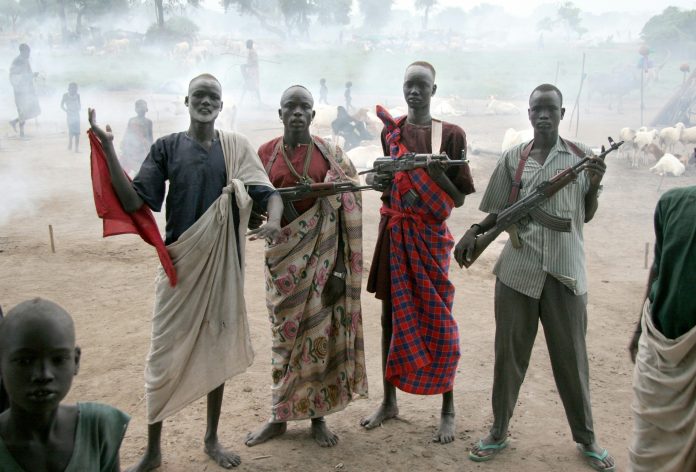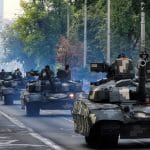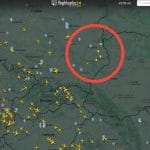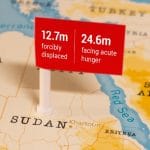The UN Security Council has called for a halt to the siege of the city of el-Fasher in the Darfur region, where 1.5 million civilians are trapped.
The same Arab militias that were involved in ethnic cleansing atrocities in the Darfur Region previously, the so-called Rapid Support Forces (“RSF”), are pitted against the defending Sudanese Government forces.
More than 130,000 residents have fled the city in the last two months, and those remaining are suffering from terrorist actions that include the bombing of civilian buildings using drones supplied to the RSF in breach of UN sanctions by Iran and the UAE. The city’s only hospital has been forced to close.
UN Security Council has adopted a resolution demanding Rapid Support Forces (RSF) halt siege of El Fasher in North Darfur, #Sudan, and withdrawal of all fighters that threaten the safety and security of civilians.
— United Nations Geneva (@UNGeneva) June 14, 2024
Results:
✅In favor: 14
❌Against: 0
➖Abstain: 1 (Russia) pic.twitter.com/RlI4QfIEIG
The RSF tactics are redolent of the Russian practice of ethnically motivated terror, including the bombing, rape and murder of civilians. It is not clear which side Russia is fighting on, although Russia’s Wagner paramilitary group previously worked with the Arab militias. Russia abstained from the UN Security Council vote on June 13, which would suggest that it suits the Russians to see a continuation of the conflict.
Russia’s primary economic and strategic interests in the region are gold extraction to protect its gold reserves in the face of international sanctions imposed against the country,
and the development of a naval base in Tartus on the Red Sea Coast which serves as Russia’s gateway to the Eastern Mediterranean.
After more than a year of war, nearly 17,000 civilians have been killed, according to the Armed Conflict Location & Event Data Project (Acled). The UN estimates that about nine million people have been forced from their homes – more than in any other current conflict.
But the human suffering in Ukraine and in Gaza continue to dominate the international press.
In Sudan the ordinary people are sick and tired of the war, and want it to stop. They believe that if the conflict comes under greater international attention and scrutiny then foreign countries may stop supporting both sides with weapons, forcing an end to the fighting.
But without international intervention, it looks as though the Arab militias may continue their campaign of terror and ethnically based violence to destroy el-Fasher and enslave
its population. This could be the likely result in a matter of days unless there is a serious international effort to influence the outcome.








